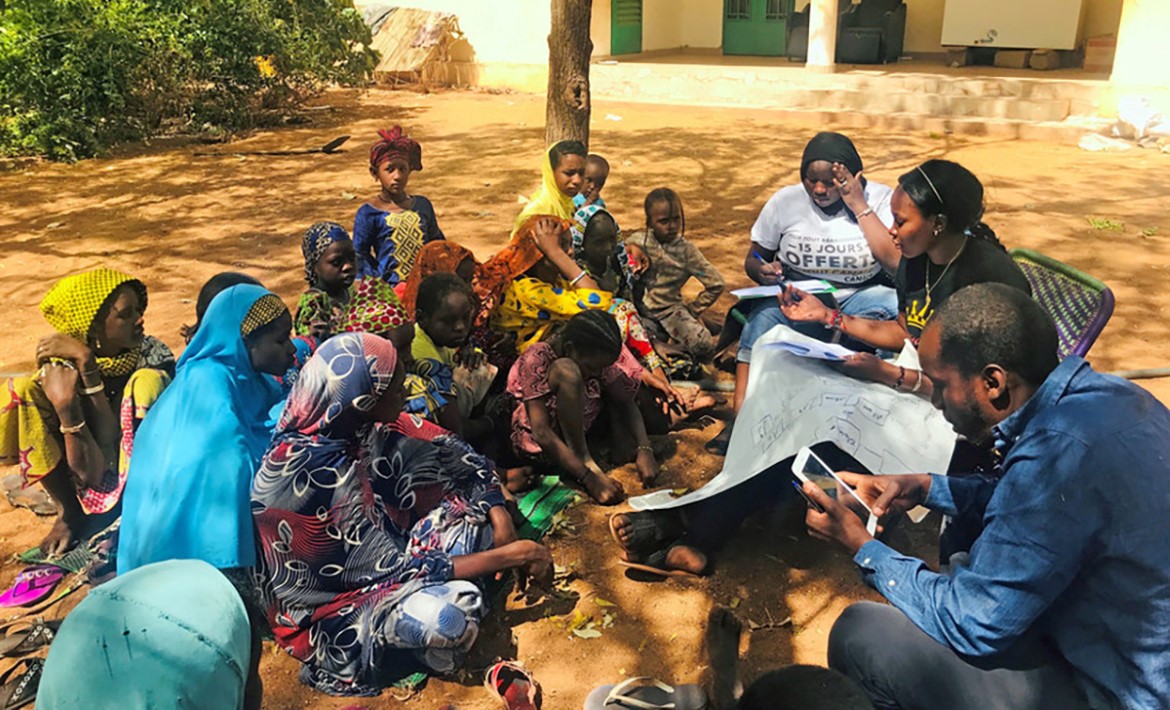
The realities of research in development and the prevention of harmful practices: What evidence is useful and how can we get it?
Host: Norad and the Norwegian Network against Harmful Practices
When: Thursday 21st September 13.30-15.30 CET
Where: Norad’s Information centre (5th floor), Bygdøy allé 2, Oslo, and digital
This event will be open for both for physical and digital participation.
Click here to participate in the digital meeting.
Despite an increased recognition and demand for high quality evidence on the effectiveness of development programs, not enough emphasis has been placed on what kind of evidence we need, what are the most appropriate methods of research and how can implementers, researchers and donors work together effectively to deliver on this demand.
To put an end to harmful practices, we need more research and evidence on what works to halt them. Collecting rigorous and reliable evidence on sensitive issues and practices which are driven by such socially complex norms and behaviors is not simple. How do we know that our current approaches are the right ones and are we sure that the methods we are using to study this is providing us with the information we need?
Harmful Practices such as Child Early and Forced Marriage (CEFM) and Female Genital Mutilation/Cutting (FGM/C) continue to persistent and damaging the lives of countless girls and women globally. Over 12 million girls are married before the age of 18 every year and more than 200 million girls and women alive today, have undergone female genital mutilation in the countries where the practice is concentrated.
Norad and the Norwegian Network against Harmful Practices welcomes you to an interesting and interactive seminar. We will hear the experiences and perspectives of a diverse range of international research and thematic experts from NGOs, research institutions and donors working on complex issues such as CEFM and FGM.
SPEAKERS:
- Håvard Mokleiv Nygård – Director of knowledge, Norad
- Ramya Subrahmanian - Chief, Child rights and protection, UNICEF Innocenti/ STAR initiative.
- Lucie Cluver – Professor, Department of Social Policy and Intervention,/ Co-Director, Accelerate Hub, University of Oxford
- Abdi Gele – Research Professor, Norwegian Institute of Public Health
- Clare Bangirana – Director, Research and Knowledge Development, AfriChild Centre
- Ingvild Sandøy – Professor, CISMAC, University in Bergen & Co-Director, Development Learning Lab
- Jean Casey – Research and Humanitarian Manager, Girls Not Brides; Coordinator, Child Marriage Research to Action Network
- Rajan Raj Subedi – MEL Specialist, CARE Nepal /Tipping Point Study
- Mahmudur Rahman Khan - Technical Coordinator- Research, M&E, CARE Bangladesh / Tipping Point Study
- Øyvind Fjeld-Solberg, Knowledge and Strategy Manager, Rainforest Foundation & co-chair of MERLiN network/Taskforce for Evidence-Based Aid
FACILITATOR:
Rachel Yates – Strategic Advocacy Lead, Accelerate Hub, University of Oxford
The Norwegian Network against Harmful Practices brings together Norwegian civil society organisations, researchers and relevant stakeholders that actively work to prevent and respond to Harmful Practices in the development and humanitarian context. We focus primarily on child, early and forced marriage and unions (CEFM) and Female Genital Mutilation/Cutting (FGM/C), but also the inequitable social and gender norms that drive these practices. The Network provides a space for its members to meet, share and coordinate knowledge, evidence and strategies on what works to prevent and respond to harmful practices. We also engage in joint advocacy efforts to ensure a sustained focus on harmful practices in Norwegian development and humanitarian work.
Core members of the network include: Plan Interntional (Chair), FOKUS, CARE, Save the Children, Strømme Foundation, Norwegian Church Aid, Sex og Politikk.
For questions regarding this event please contact: katja.isaksen@plan-norge.no
